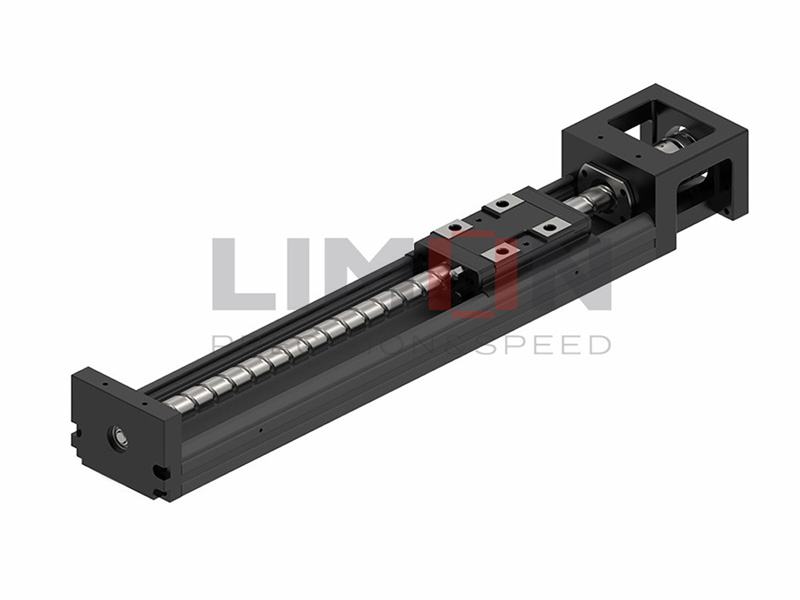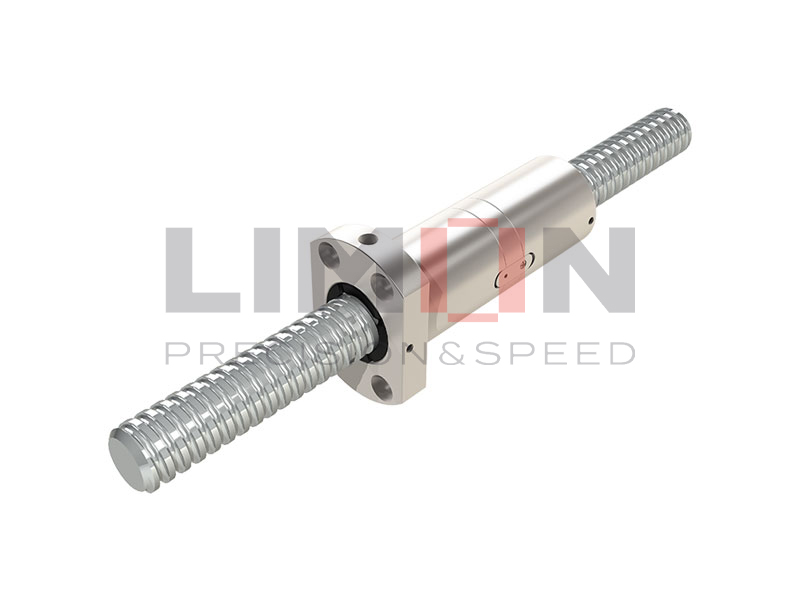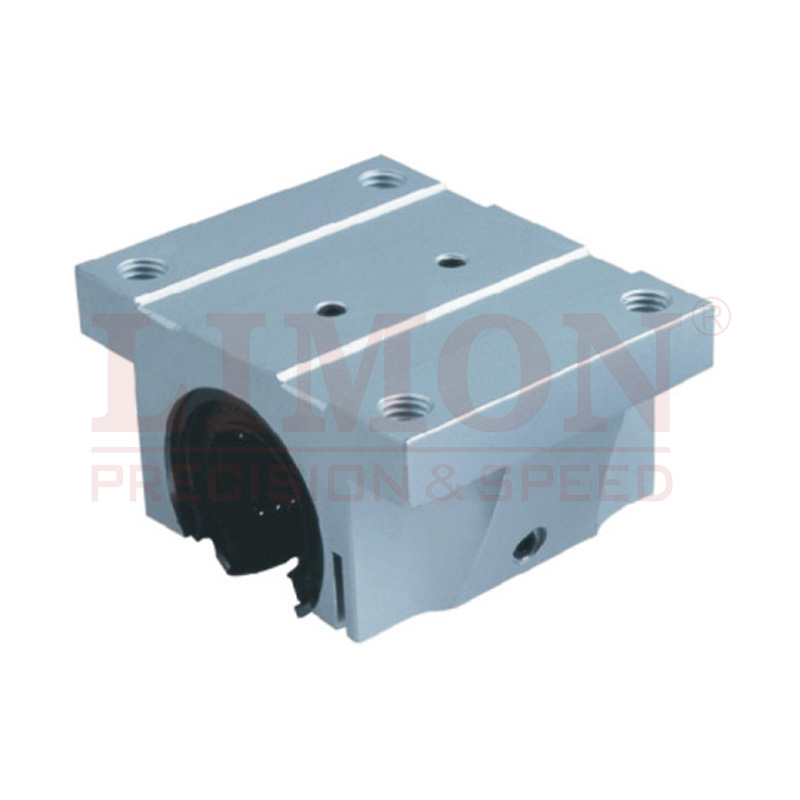Importance of Material Properties
When it comes to ball screws, the material used affects several critical properties, including strength, wear resistance, and thermal stability. I’ve often found that selecting the right material not only enhances performance but also extends the lifespan of the screw. Common materials include carbon steel, stainless steel, and various alloys, each offering distinct advantages.
Carbon Steel vs. Stainless Steel
In my experience, carbon steel is frequently used in environments where strength is paramount, while stainless steel offers excellent corrosion resistance. If your application involves exposure to moisture or chemicals, I recommend opting for stainless steel. It’s proven to withstand harsh conditions, ensuring reliable operation over time.
The Role of Coatings
Another critical factor in material selection is the use of coatings. Coatings such as nitriding or PVD (Physical Vapor Deposition) can significantly enhance the performance of ball screws. I’ve seen coatings improve wear resistance and reduce friction, which can lead to smoother operation and decreased energy consumption. This is particularly beneficial in high-speed applications where heat generation is a concern.
Custom Alloys for Specific Applications
For specialized applications, custom alloys may be the best choice. These alloys can be engineered to provide specific properties that meet the demands of unique operational environments. I’ve worked with custom materials to address issues like extreme temperatures or high loads, and the results have been impressive. Tailoring the material to the application can lead to significant performance improvements.
Consideration of Load and Speed
When selecting materials for ball screws, it’s crucial to consider the load and speed requirements of your application. For high-load scenarios, materials with superior tensile strength are essential. Conversely, for high-speed applications, materials that can handle heat without deforming are vital. Understanding these dynamics has helped me make better material choices for my projects.
Cost vs. Performance Trade-offs
Finally, it’s important to balance cost and performance when selecting materials for ball screws. While premium materials can offer enhanced performance, they also come at a higher price. In my projects, I’ve often had to weigh the benefits of durability and efficiency against budget constraints. Finding the right material involves understanding your specific needs and aligning them with your financial considerations.
Conclusion
In summary, the impact of material selection on ball screw performance cannot be overstated. From understanding the properties of different materials to considering coatings and custom alloys, each choice plays a crucial role in the overall effectiveness of your ball screw applications.




